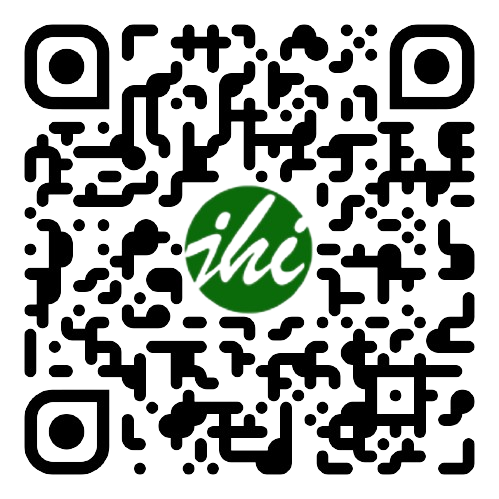Peran MUI dalam Penguatan Demokrasi Indonesia
DOI:
https://doi.org/10.28918/jhi.v17i1.2010Abstract
Indonesia is still considered the nation with the world’s biggest Muslim population highlighting democracy. This predicate results from the impact of the country’s large population followed by the acceptance of the Muslim community toward democracy, which is deemed contrary to religious values in some Muslim countries. The acceptance of democracy situated in Indonesia cannot be separated from the legitimacy of religious authority; it refers to the Indonesian Ulema Council (hereafter, MUI). This religious council plays a pivotal role in ensuring democracy as ‘the only game in town’. The present study seeks to answer (1) what is the contribution of the MUI in strengthening democracy in Indonesia? and (2) how do the MUI leaders endeavor when encountering the political situation in the 2019 election demonstrated by an identity politics struggle which tended to divide the Indonesian Muslim communities? Grounded in qualitative library research, the study applied analytic-descriptive analysis. The findings promote that the MUI significantly contributed to ensure the well-established democratic system in Indonesia through their fatwas. It implies that MUI supports the continuation of fair elections and national stability, tackles a dispute over the Indonesia’s election, and fosters that religion is not merely employed as a political tool.
Downloads
Published
How to Cite
Issue
Section
License

This work is licensed under a Creative Commons Attribution-ShareAlike 4.0 International License.
Jurnal Hukum Islam use a variety of waivers and licenses that are specifically designed for and appropriate for the treatment of data:
- Open Data Commons Attribution License, http://www.opendatacommons.org/licenses/by/1.0/(default)
- Creative Commons CC-Zero Waiver, http://creativecommons.org/publicdomain/zero/1.0/
- Open Data Commons Public Domain Dedication and License, http://www.opendatacommons.org/licenses/pddl/1-0/
Other data publishing licenses may be allowed as exceptions (subject to approval by the editor on a case-by-case basis) and should be justified with a written statement from the author, which will be published with the article.













.png)














